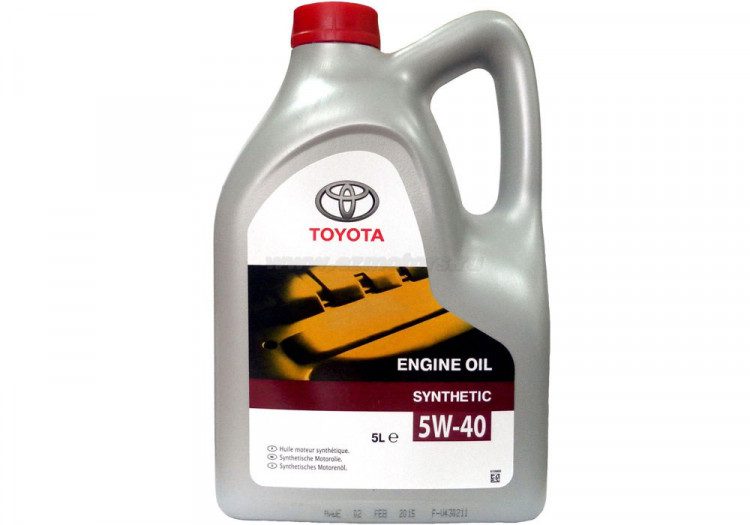
Is 5W40 always the most suitable oil?
Content
Engine oil marked with the symbol 5W40 probably the most commonly chosen type of engine oil for passenger cars. But what does this abbreviation mean and will it always indicate the most optimal oil for our car?
Oil has many important functions - cools moving parts of the engine, reduces friction and drive wear, seals moving parts and even keeps the engine clean and prevents corrosion... This is why it is so important to use the oil that best protects the engine.
The shorter the routes, the more important the oil
The work of the engine is necessarily associated with the work of the oil. However, it is worth knowing that the engine wears out the most not when, for example, the car is driving at high speed on the highway, but when starting and extinguishing... Thus, short trips are the most difficult for the engine.
It may be surprising, but if you are driving a car for shorter distances, you will need a better oil than if you are driving hundreds of kilometers non-stop. Good oiler extend the life of individual engine componentsand of course - it will allow you to start the engine in the worst weather conditions (for example, in severe frost).
The hotter it is, the lower the viscosity.
The main parameter of the oil is its viscosity. As the oil heats up, its viscosity decreases. As the engine cools, the viscosity increases.. In other words - at high temperatures, the oil layer becomes thin, and when we suddenly add throttle with a hot engine, low rpm and insufficient oil, the engine can lose protection for a while!
However, there may also be a problem the oil is too viscousas it may reach individual engine components too slowly.
0W is best for frost
Here we need to deal with the breakdown by viscosity grade. The parameter with the letter W (most often from 0W to 20W) indicates winter viscosity. The smaller the W parameter, the higher the frost resistance..
0W oil will withstand the most frosts - the engine should be started even at temperatures below -40 degrees Celsius. 20W oil does the worst at low temperatureswhich can prevent the engine from starting at -20 degrees.
Warm engine oil
But that's not all, because the second parameter is also important. The number after the letter W indicates oil viscosity when the engine is warm to normal operating temperature (approximately 90-100 degrees Celsius).
The most popular viscosity grade is 5W40.. Such oil in winter makes it possible to start the engine at a temperature of -35 degrees, and when warmed up, it provides the viscosity that is optimal for most power units. For most - but not for all!
Low viscosity oils
Oils of 20 or 30 grades are called energy saving oils... The lower the viscosity, the lower the oil resistance, which means less loss of engine power. However, when heated, they form many thin protective film.
This low viscosity allows oil to flow very quickly between engine components, but in many powertrains, this protection will not be enough. In such situation the engine may just jam.
Usually oils of this type are poured into modern engines - provided, of course, that the manufacturer recommends using oil of this viscosity.
High viscosity oils
Oils of grades 50 and 60, on the contrary, have a higher viscosity, therefore, figuratively speaking, they seem "thicker". As a result, they form a thicker oil layer and they better protect the motor from overload... The use of such an oil can have a minimal negative effect on fuel consumption and dynamics.
This type of oil is most commonly used. in badly worn engines, also in those that "take oil". Very sticky oils can reduce oil consumption and even, due to their sealing properties, reduce engine displacement... But it also happens that high-viscosity oils they are recommended for sports carsto better protect your robust and therefore demanding drives.
Should I change the viscosity?
Answering the title question, Oil 5W40 (or 0W40) good brand (e.g. Castrol, Liqui Moly, Eleven) will be the best choice in most situations.
Replacement for high-viscosity winter oil in our climatic conditions there is no excuse - it can only lead to problems with starting the car in winter. The exception is when we need an oil with a high summer viscosity, and such an oil has a viscosity, for example, 10W60.
Queue change the oil to oil with a higher or lower summer viscosity sometimes it makes sense (for example, with a sports engine, very modern or, conversely, old), but the decision is best made after reading the car's manual and consulting an experienced mechanic.
Photo by Castrol, avtotachki.com
